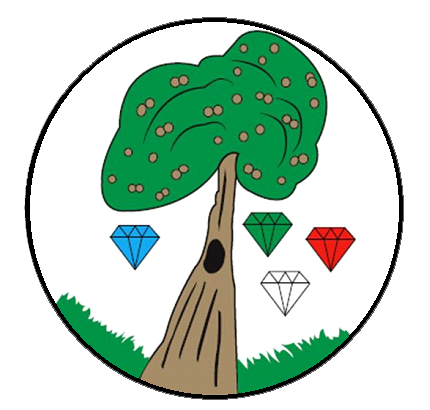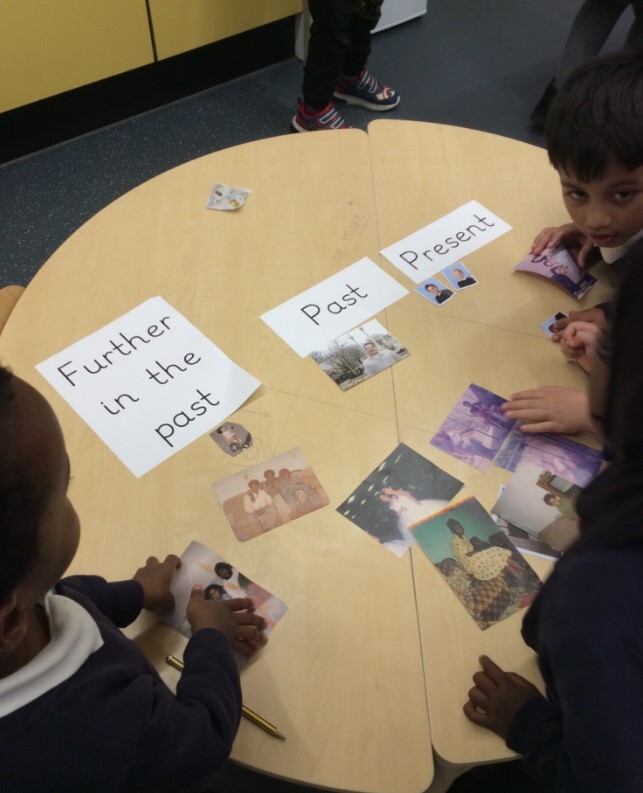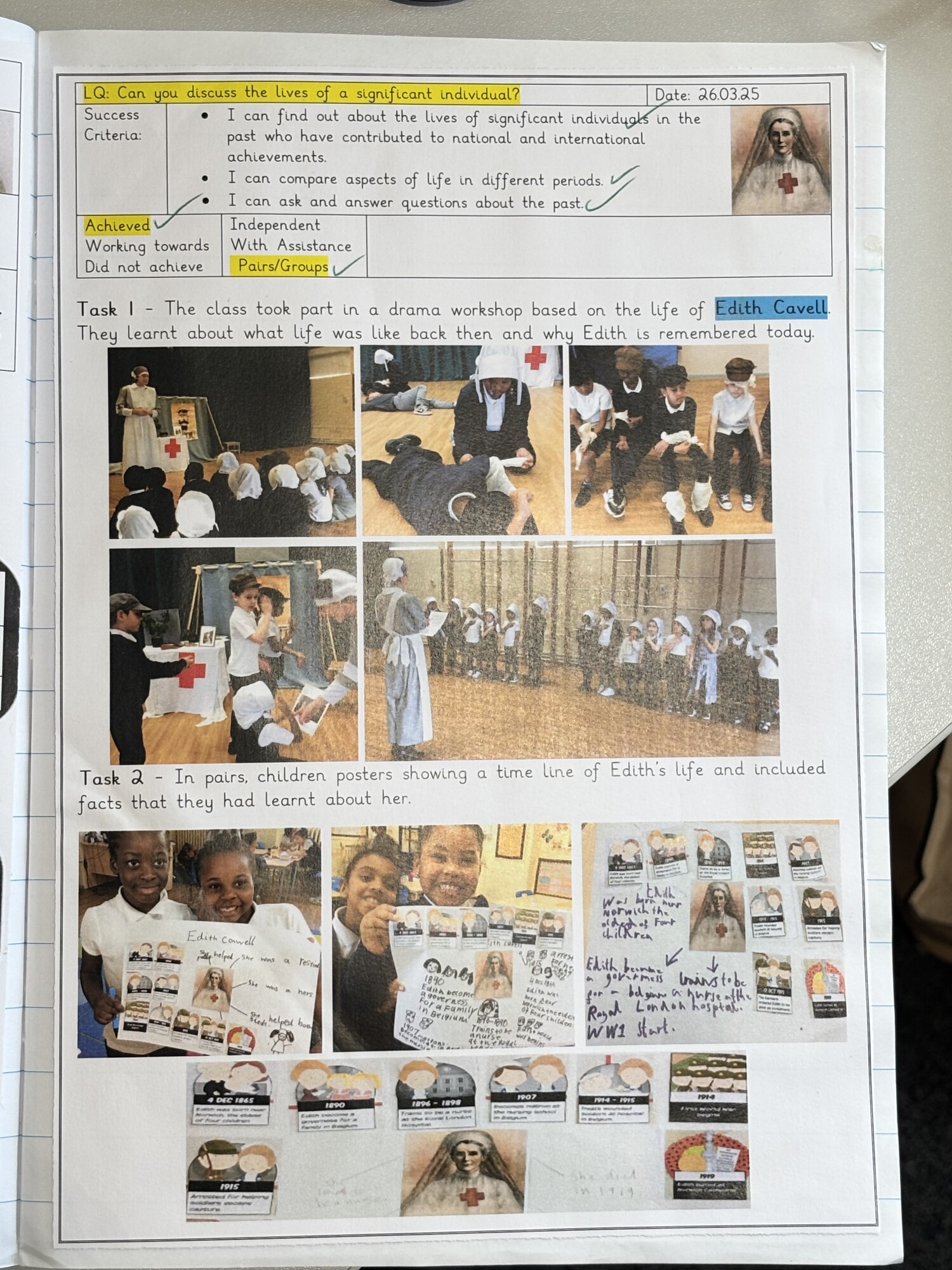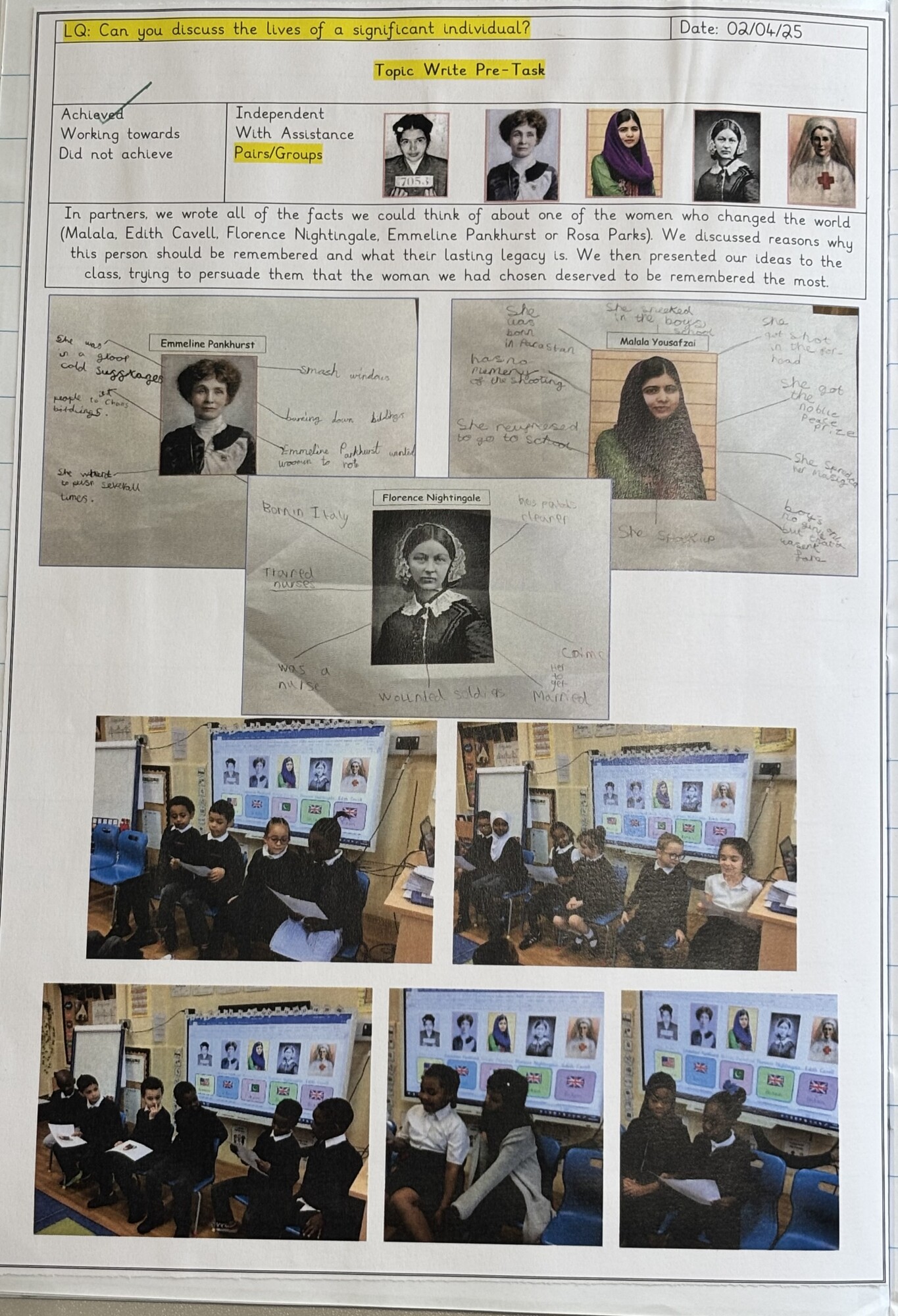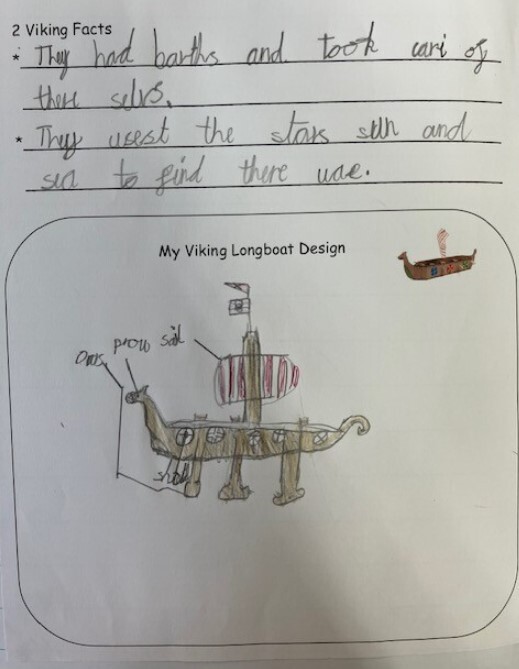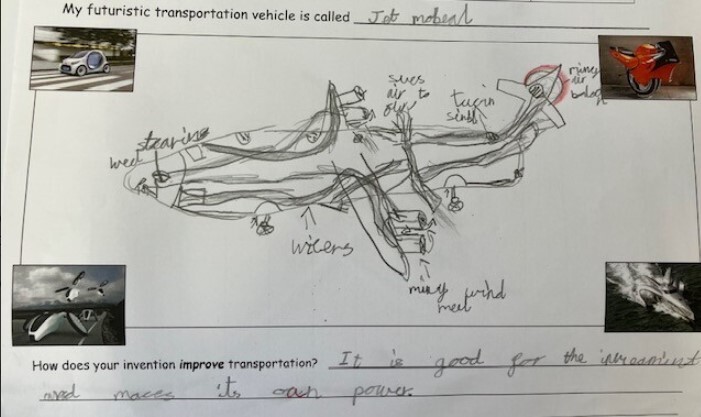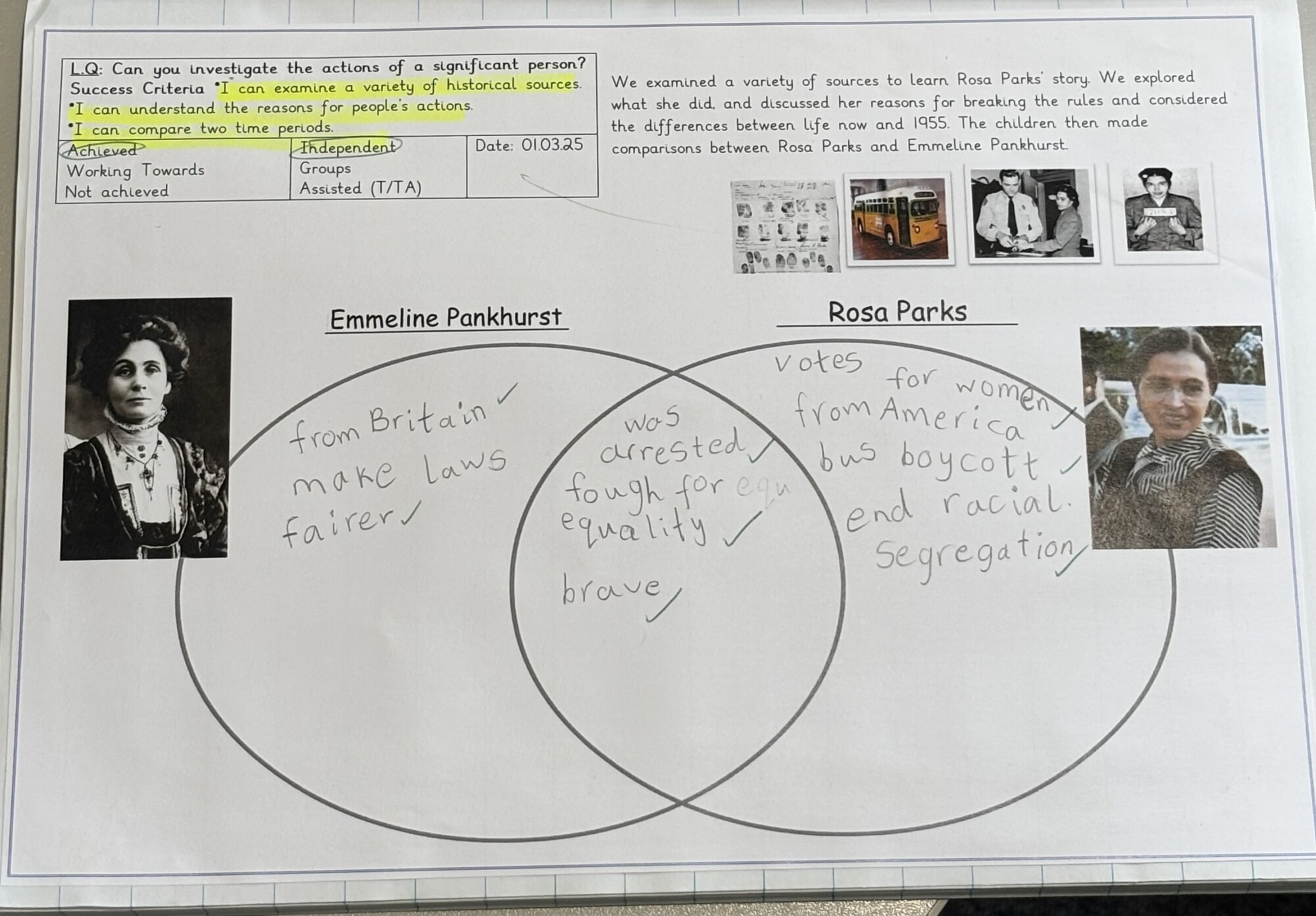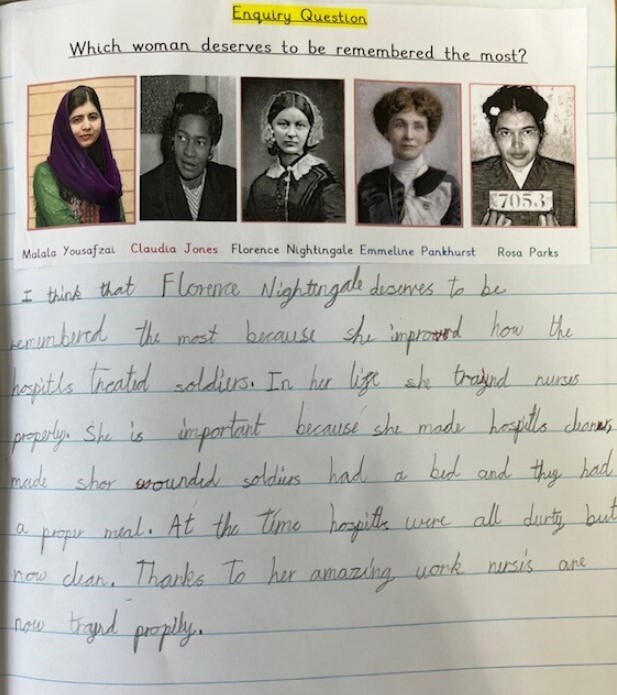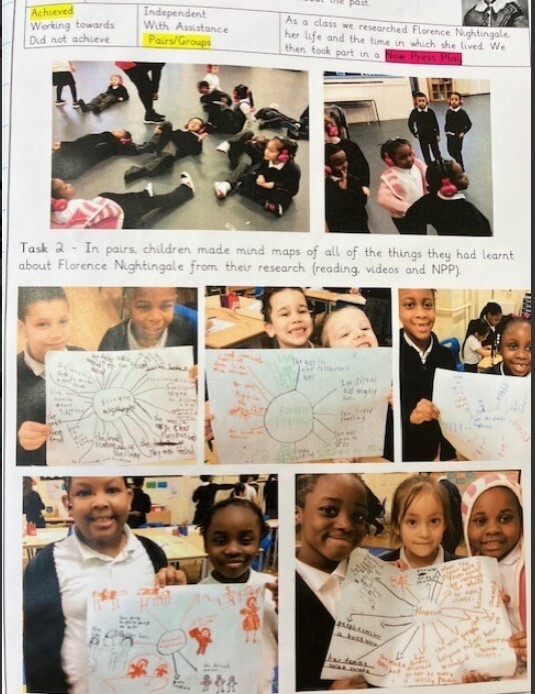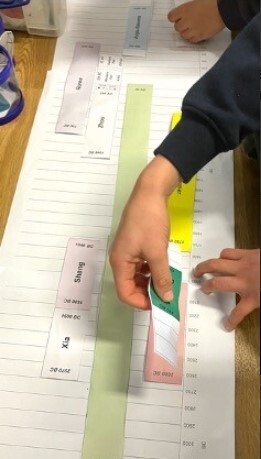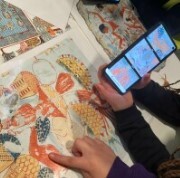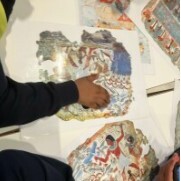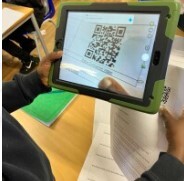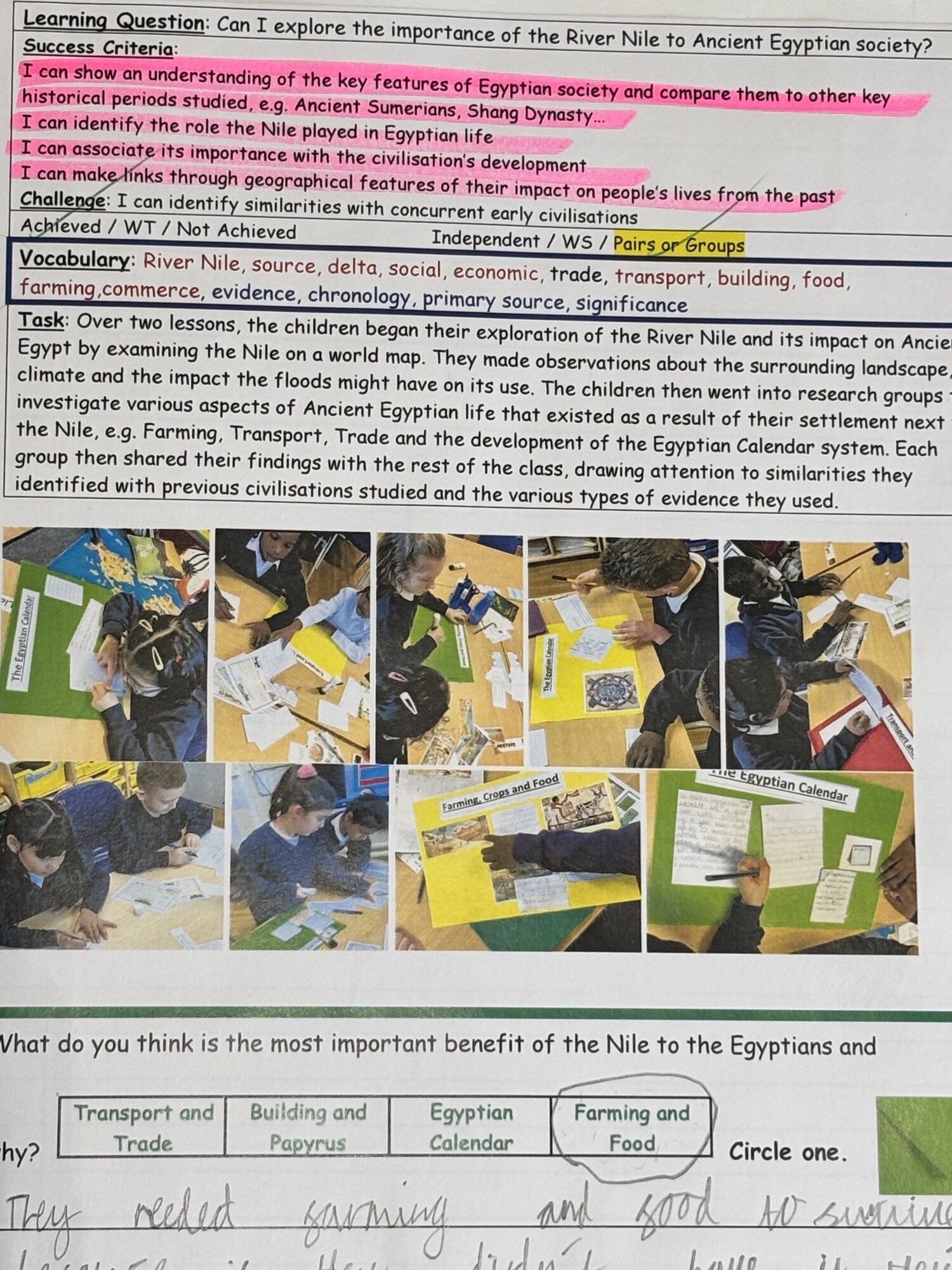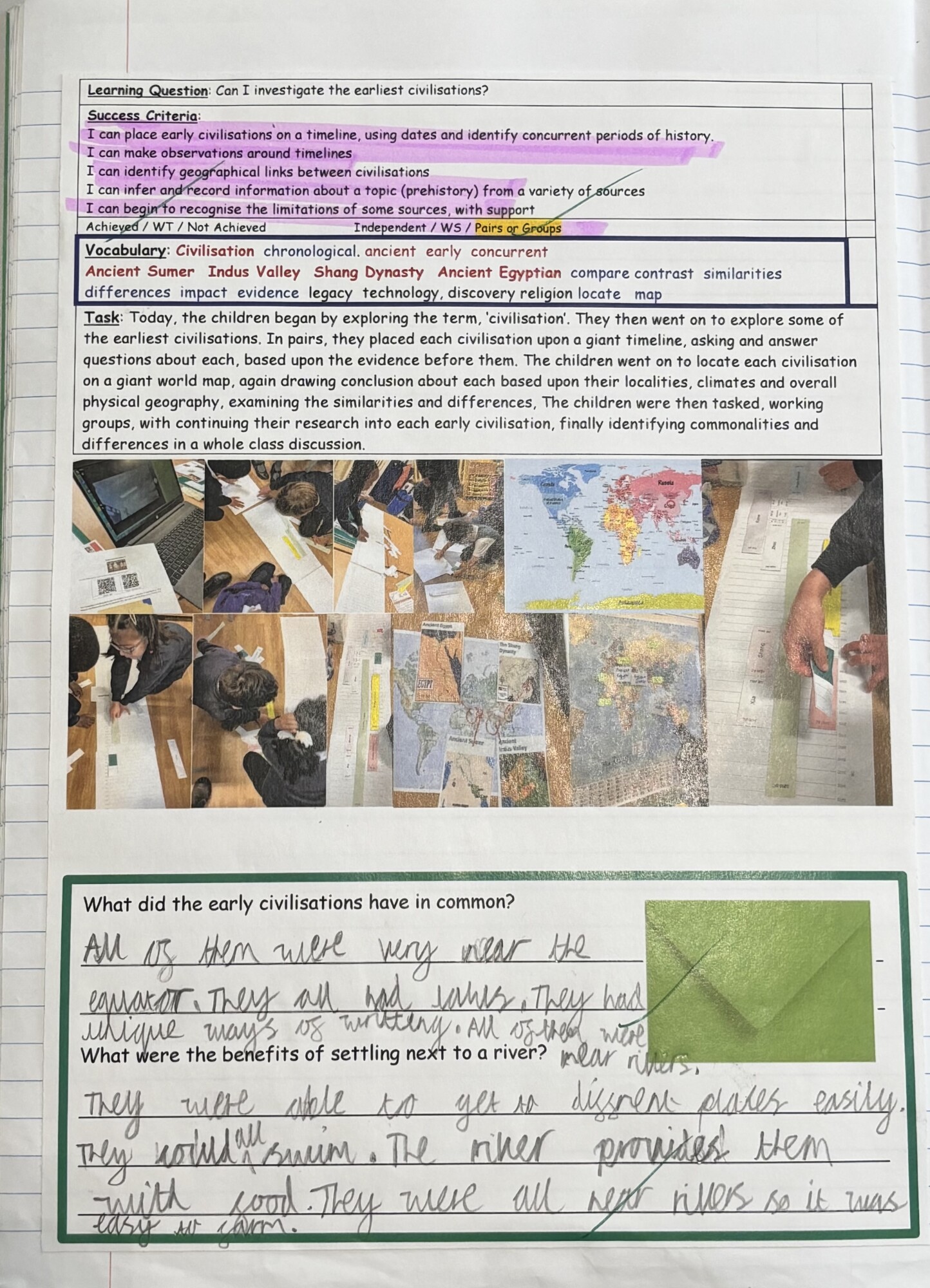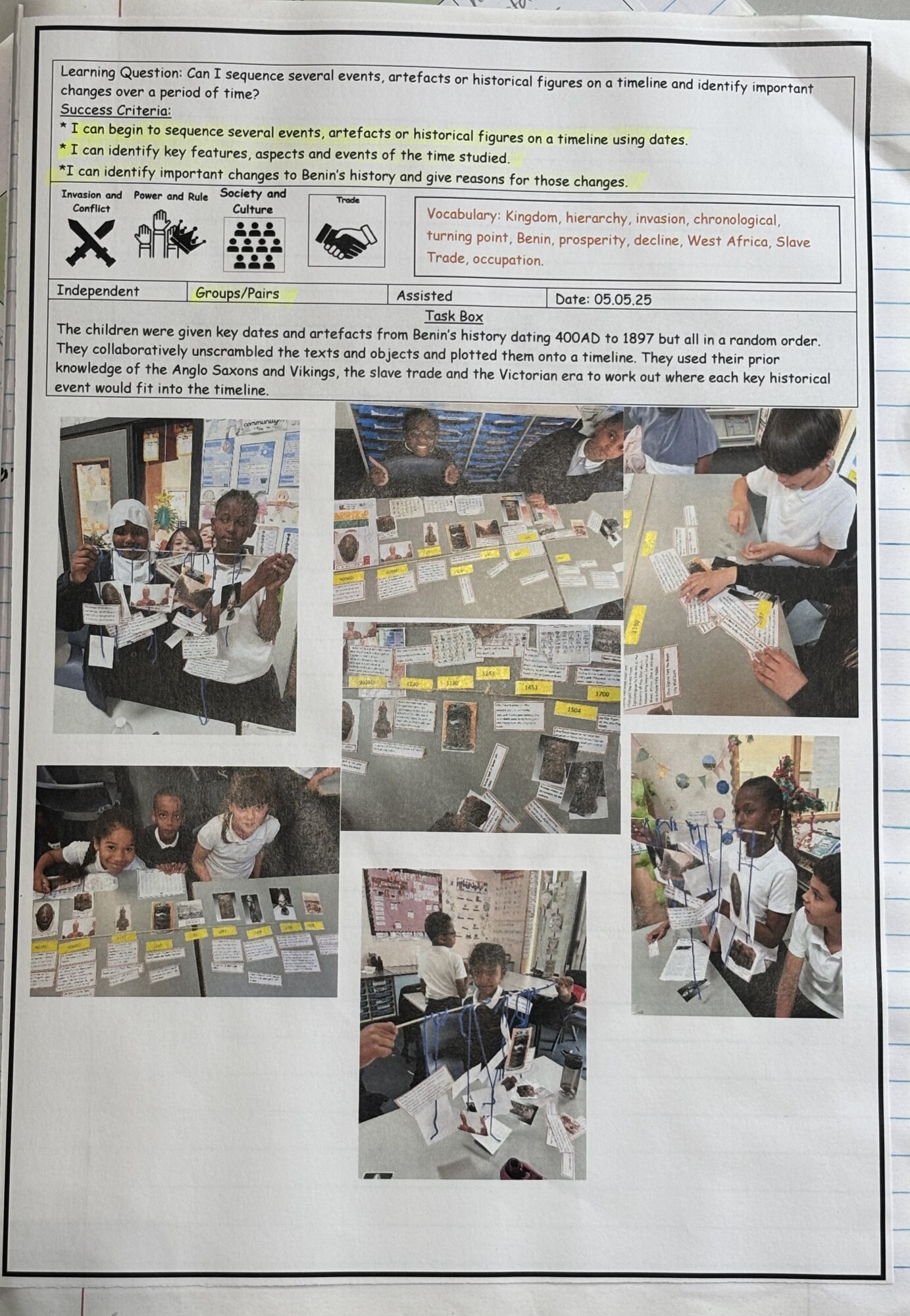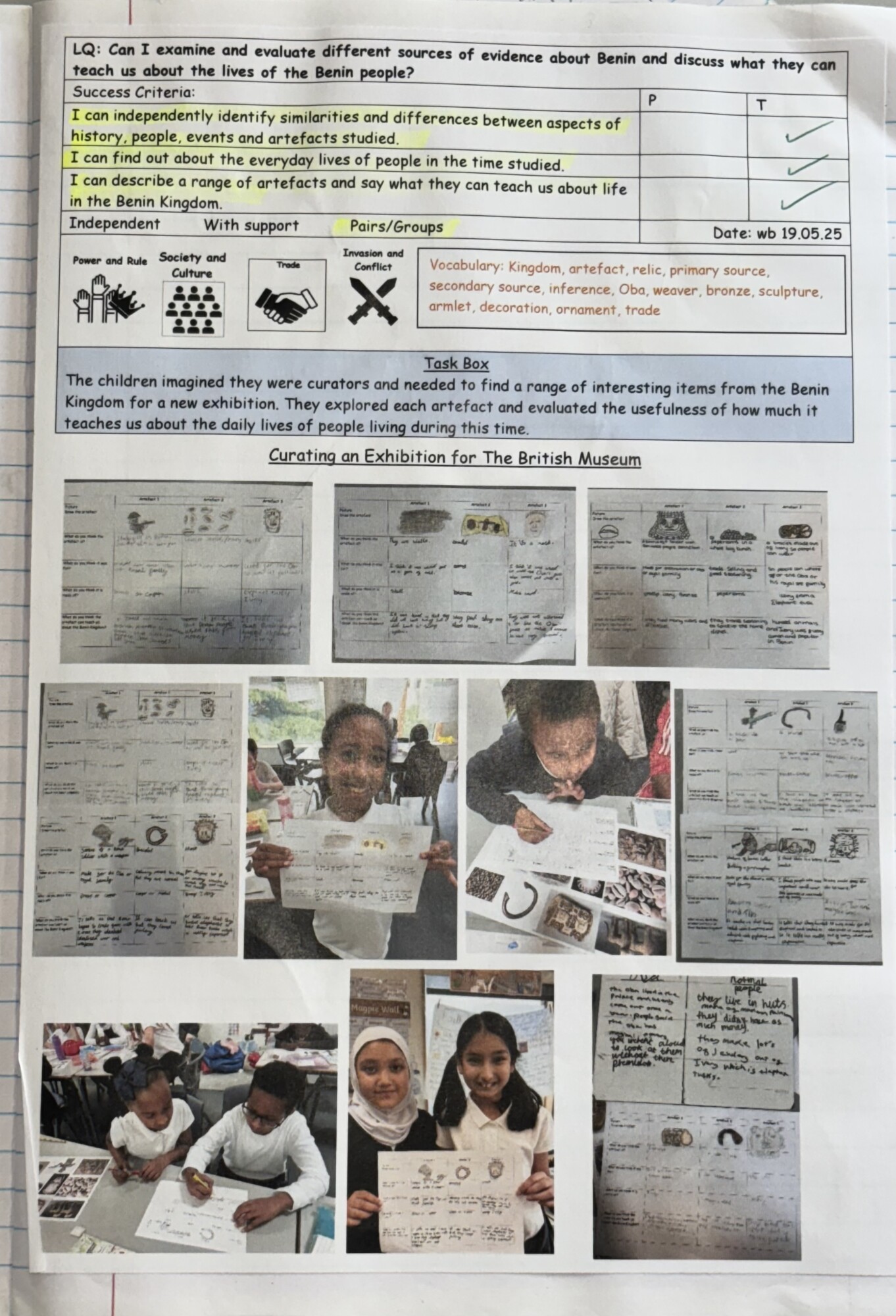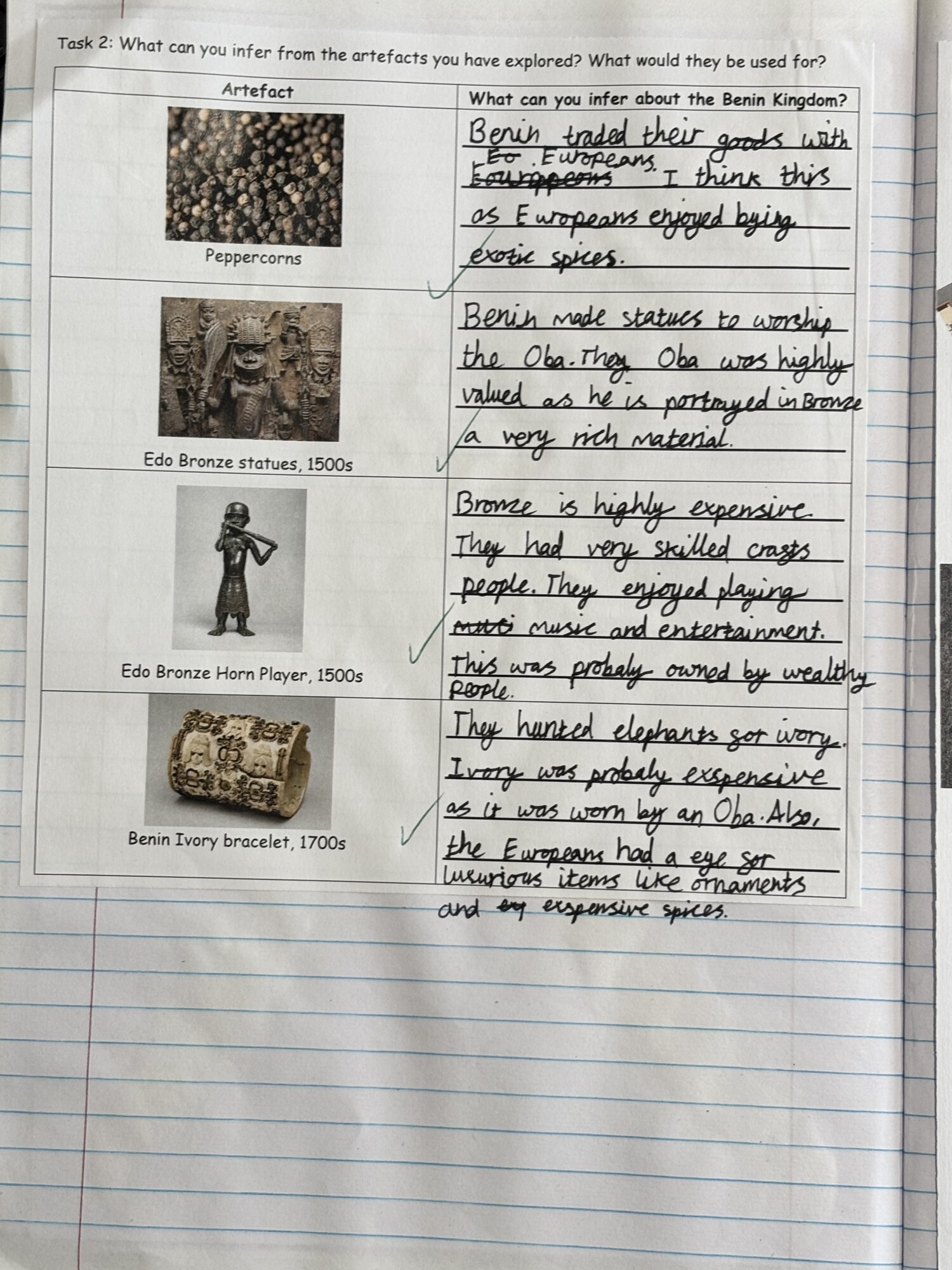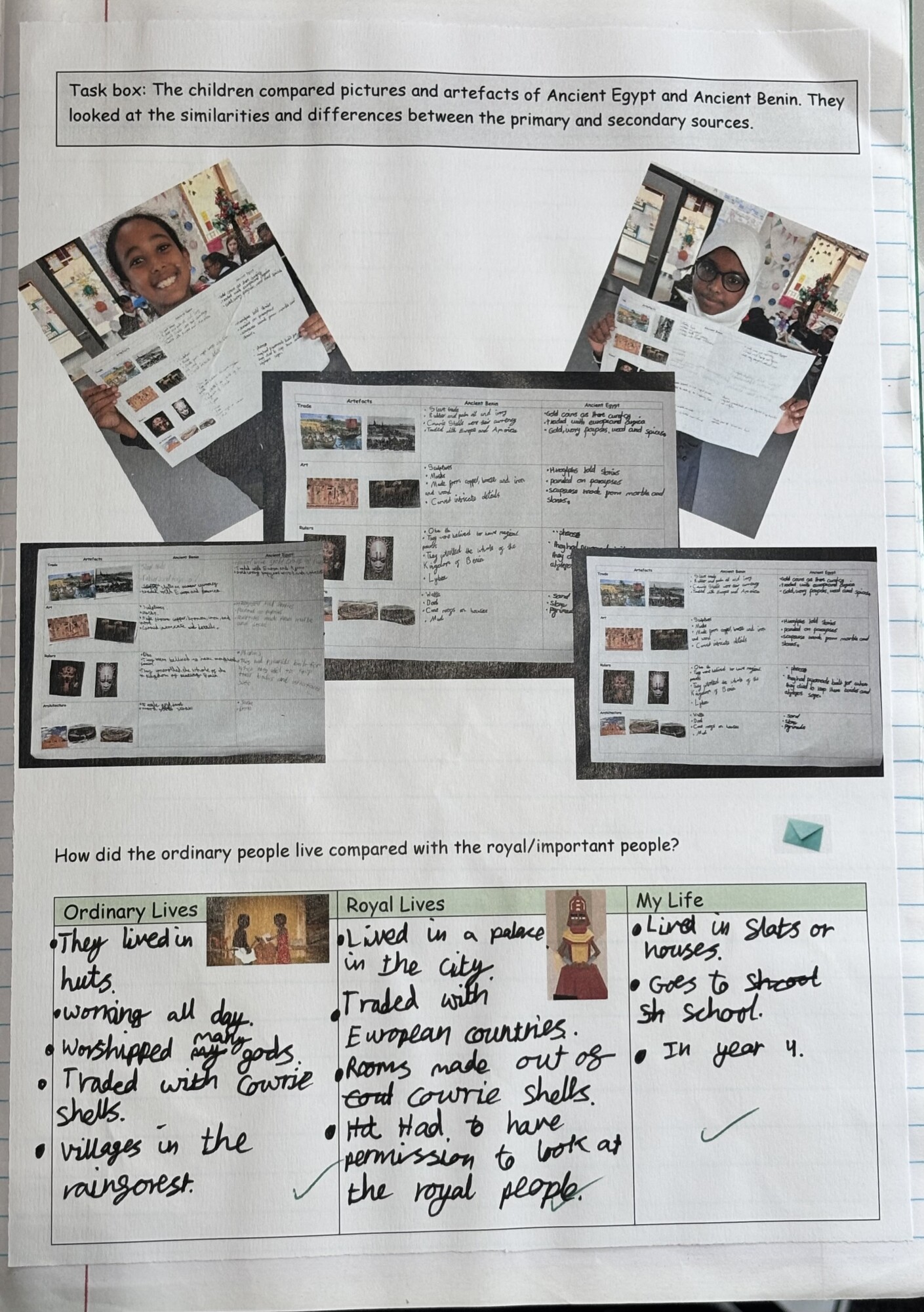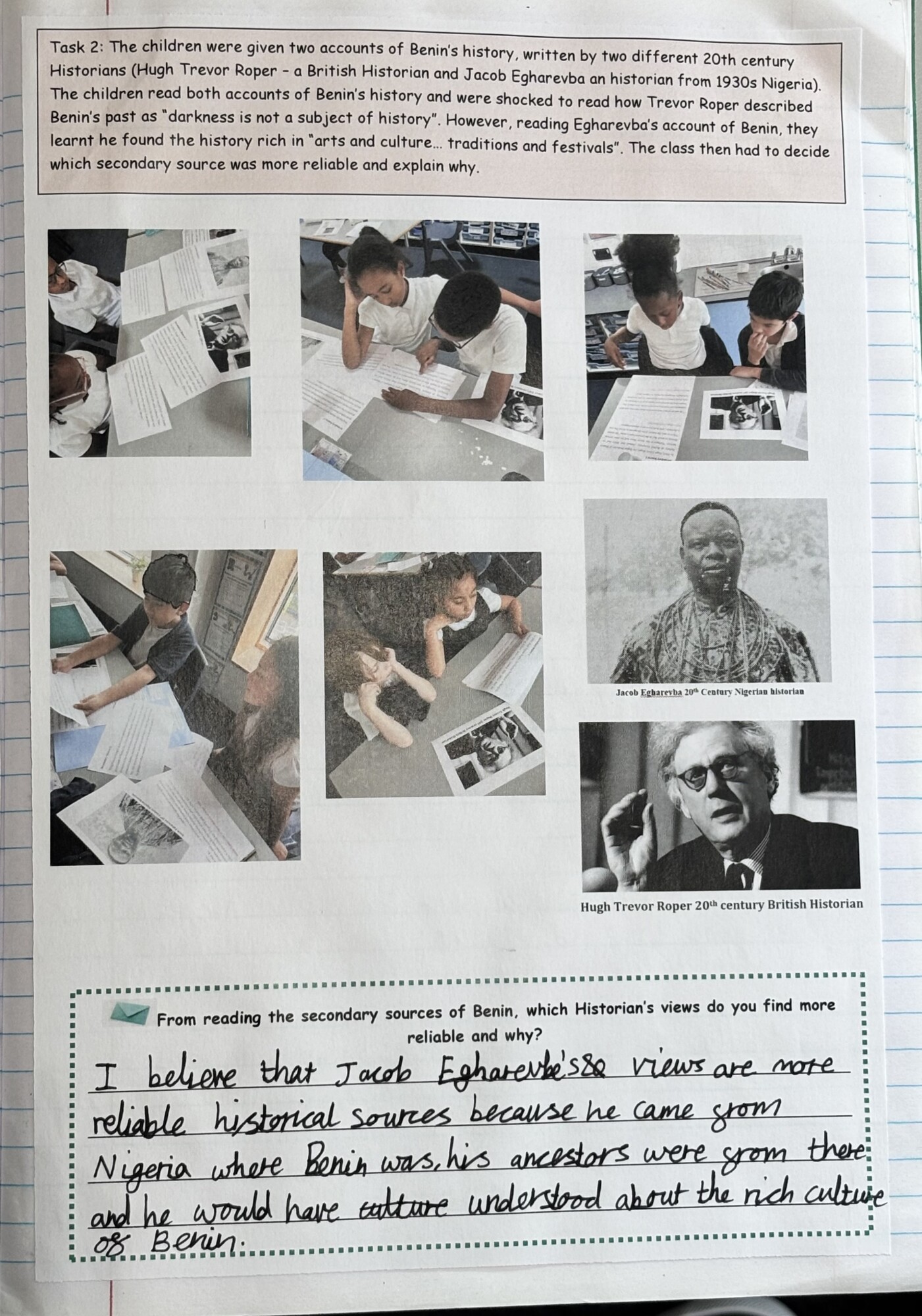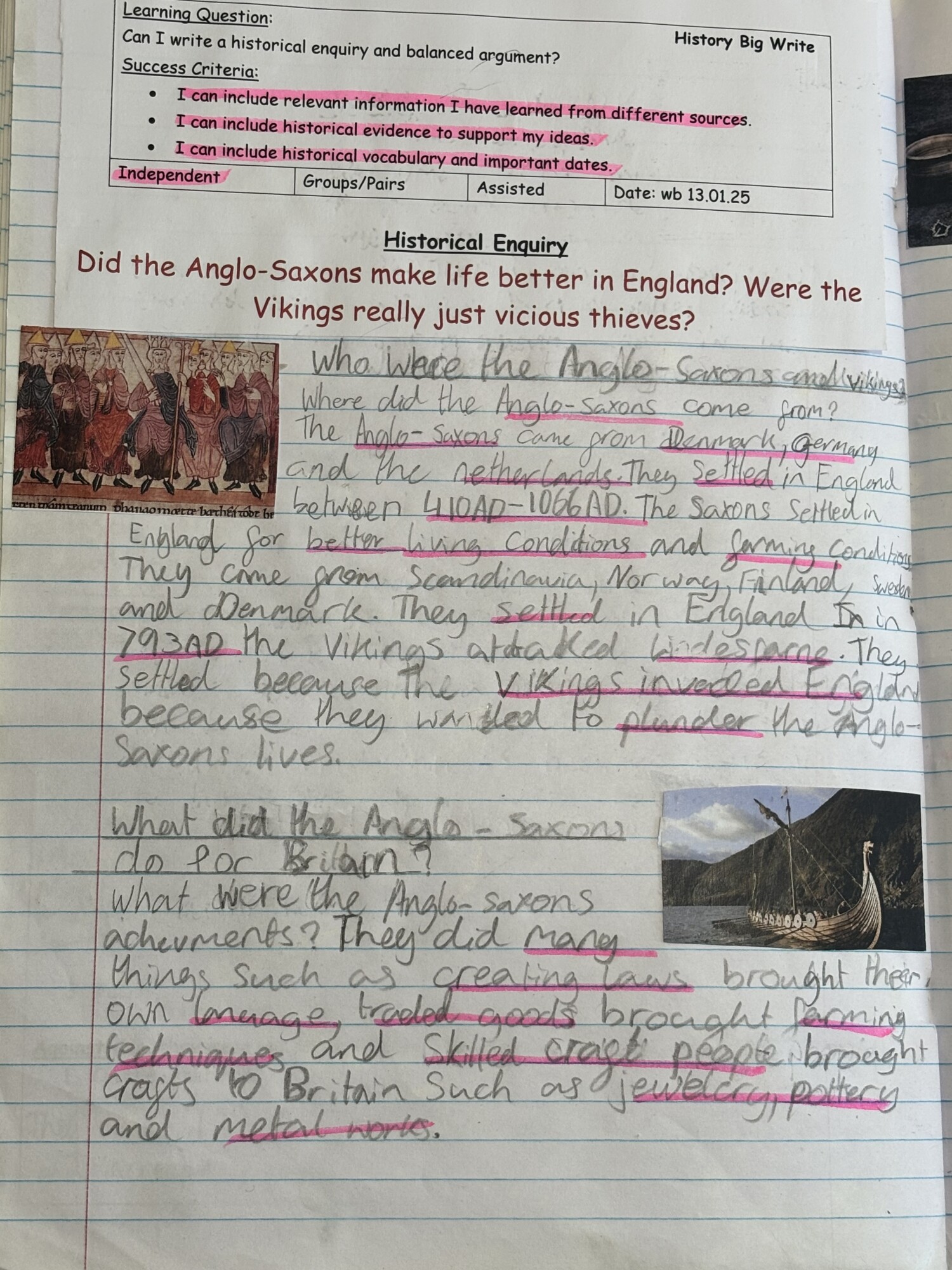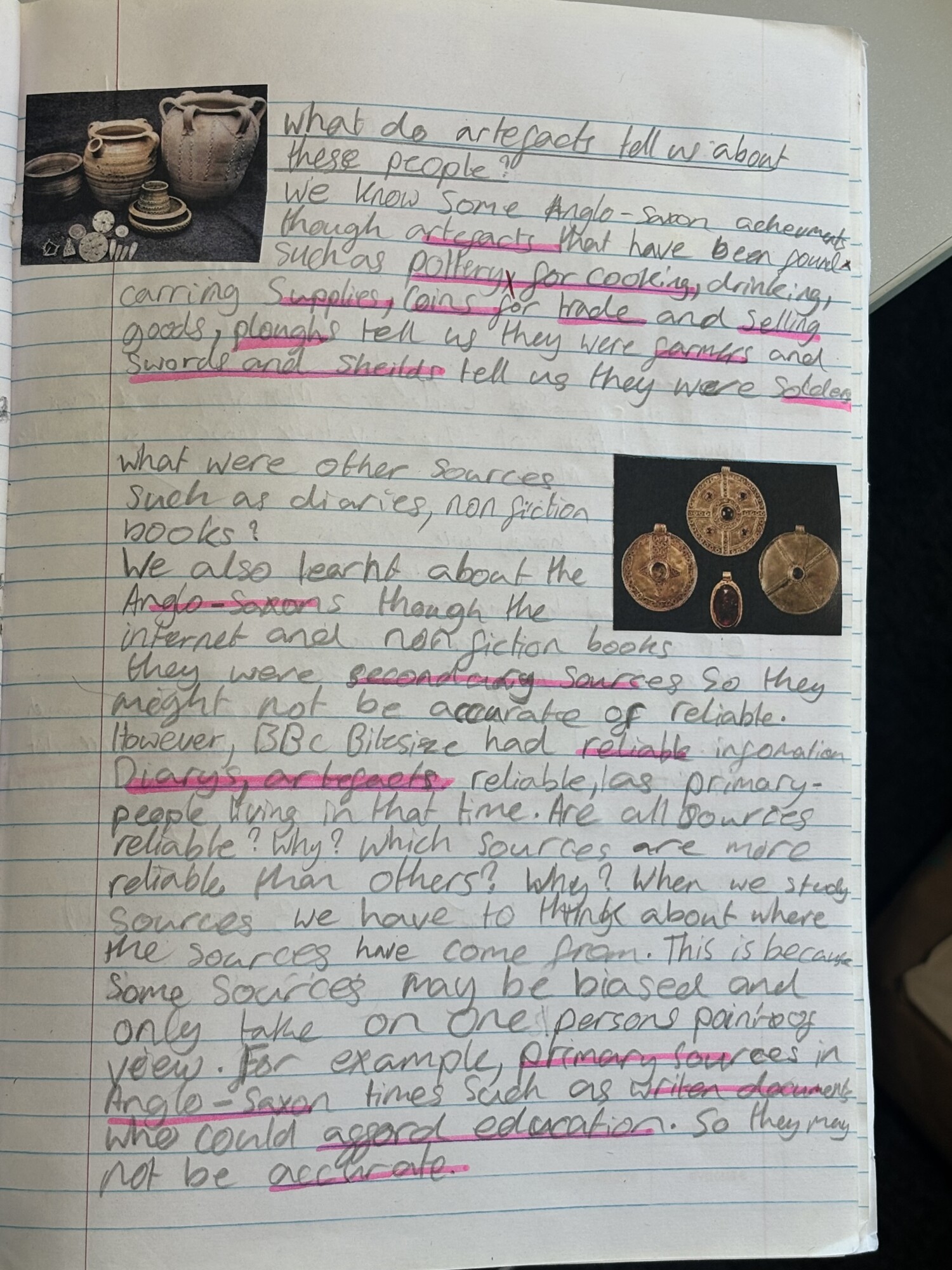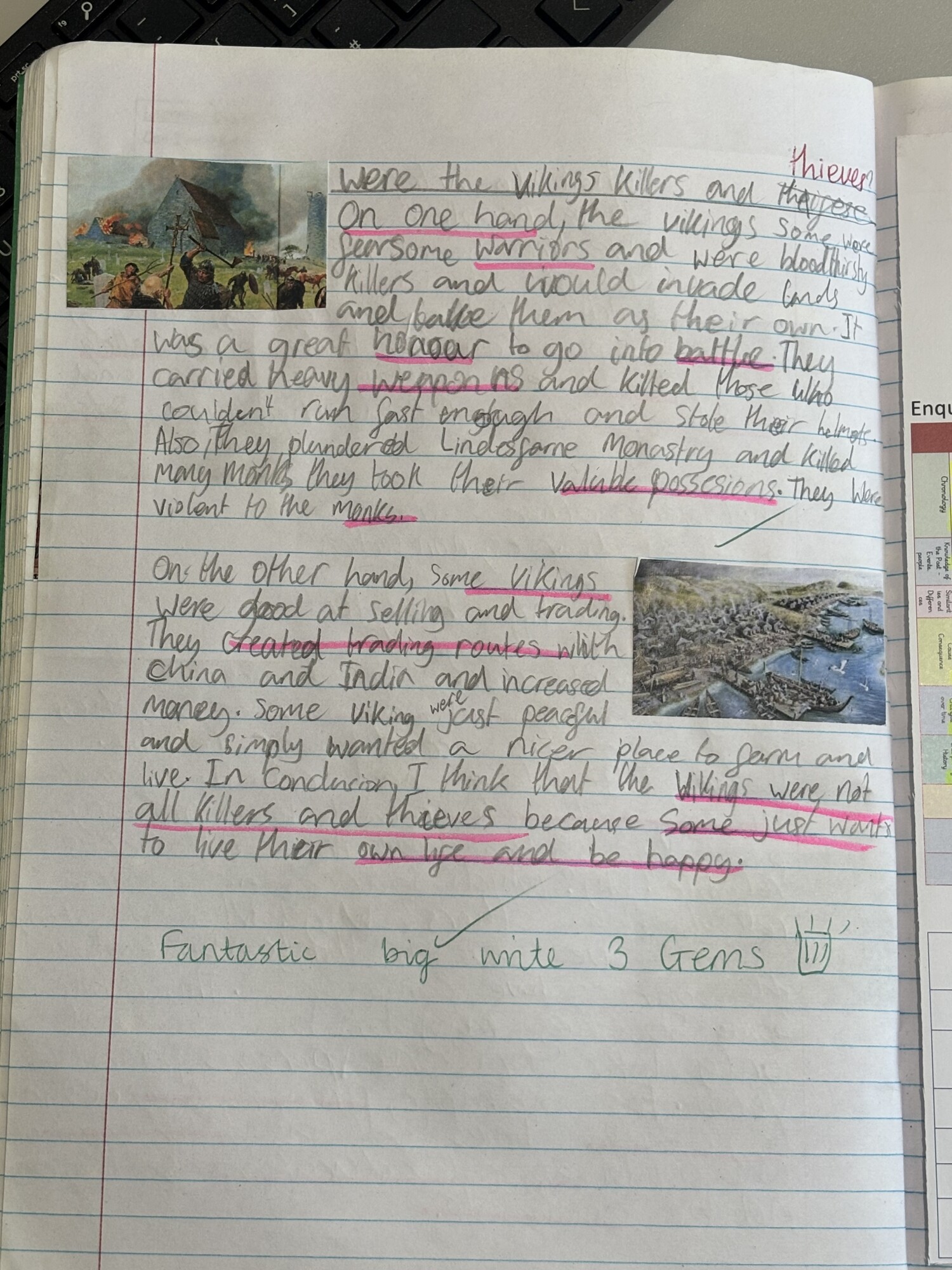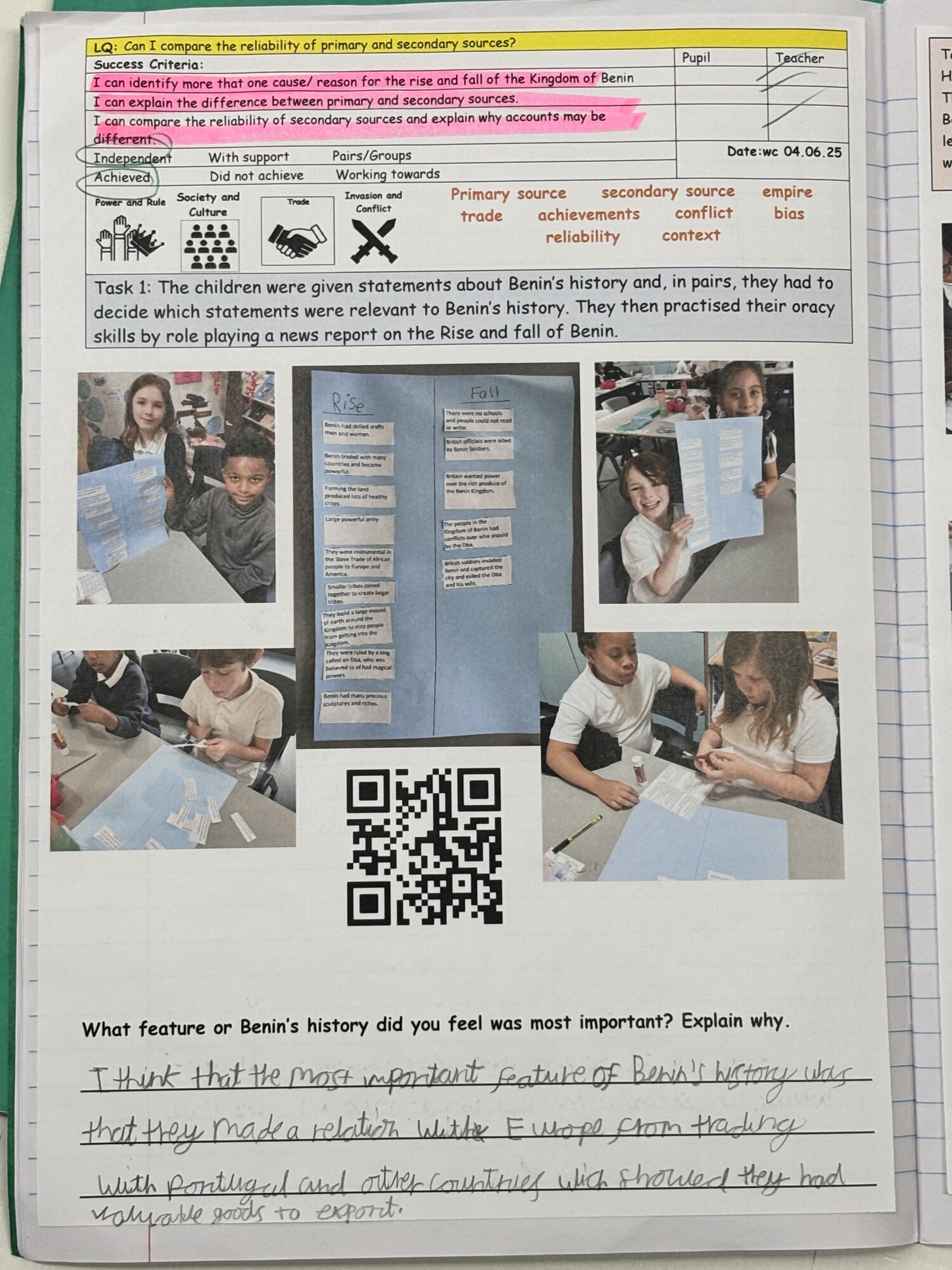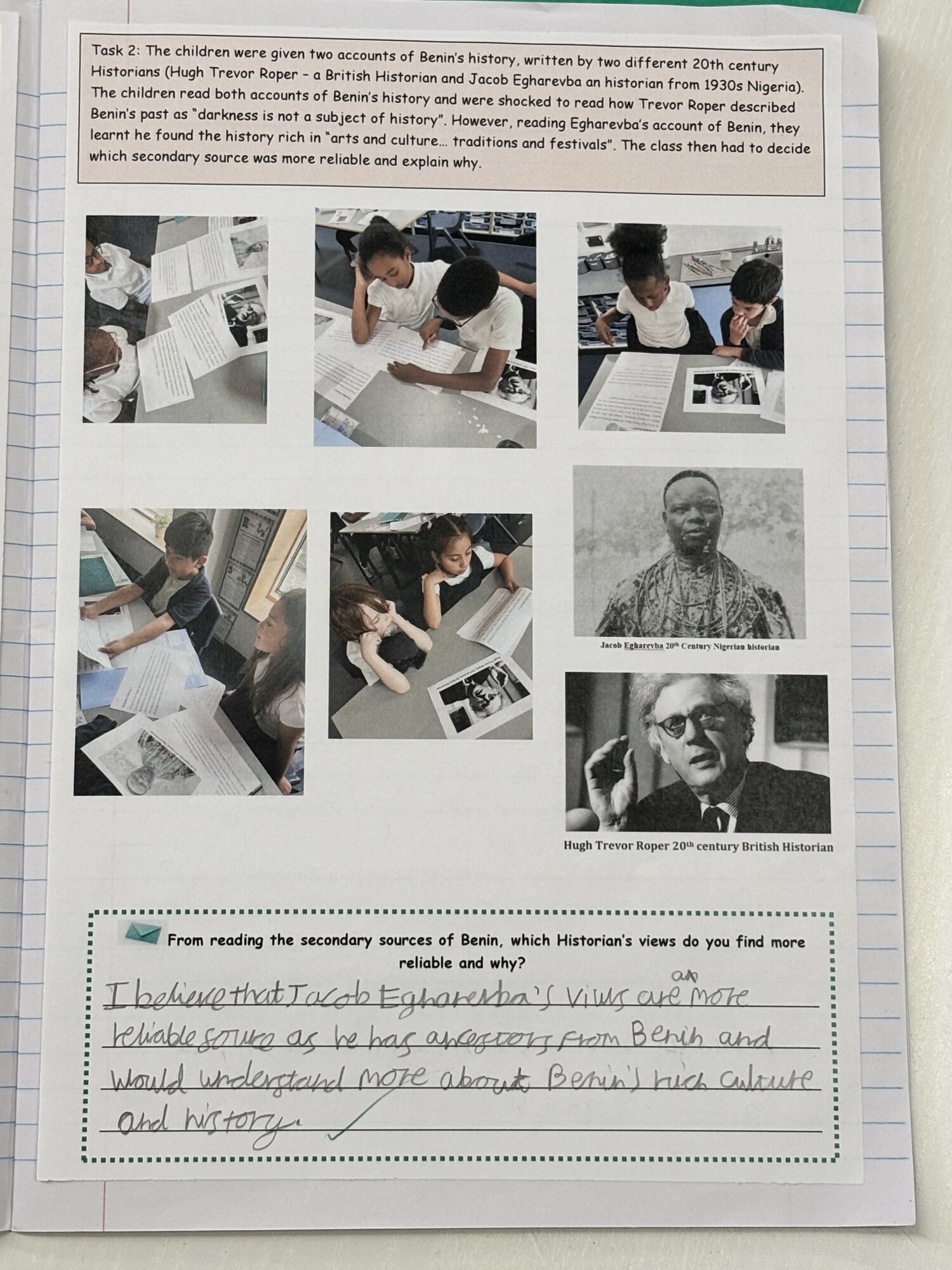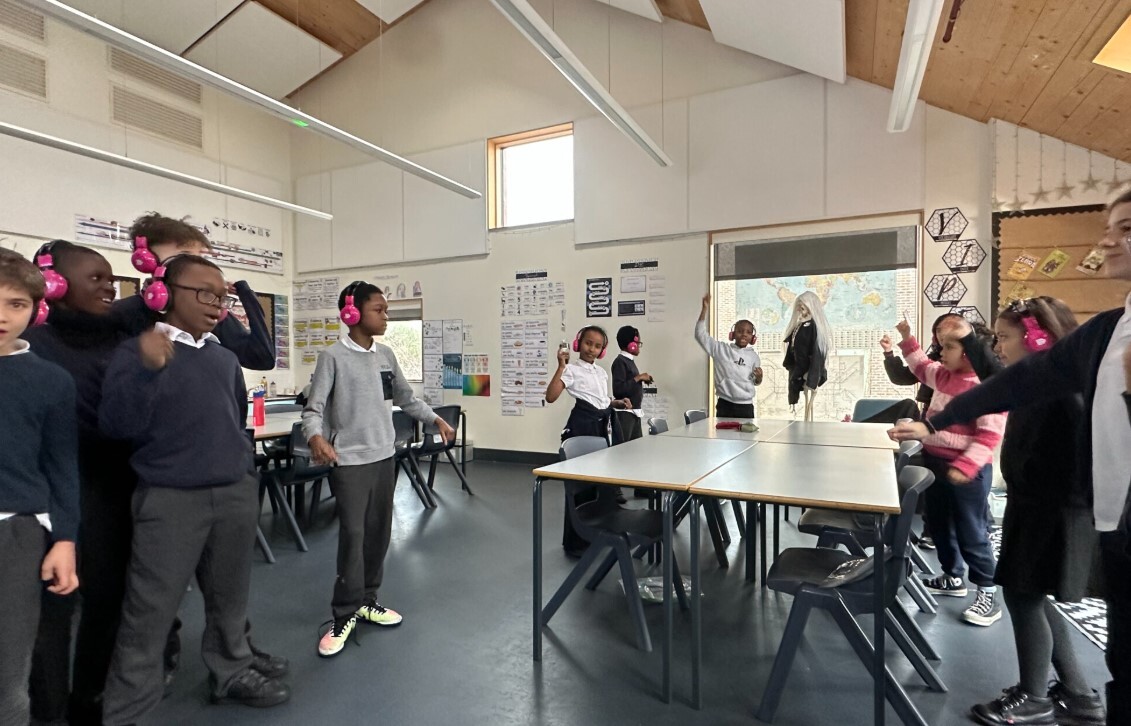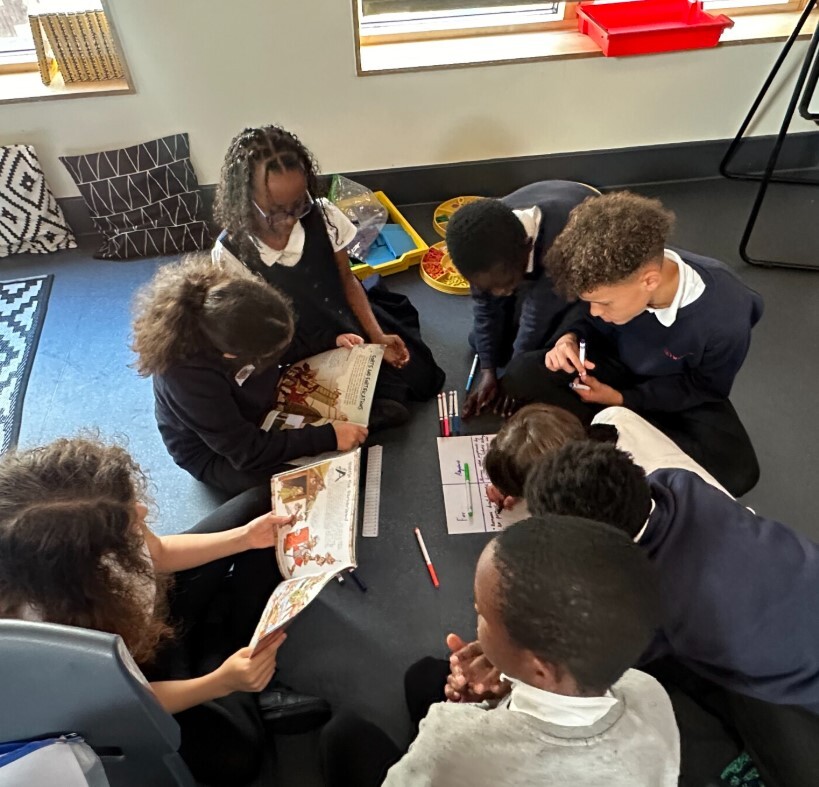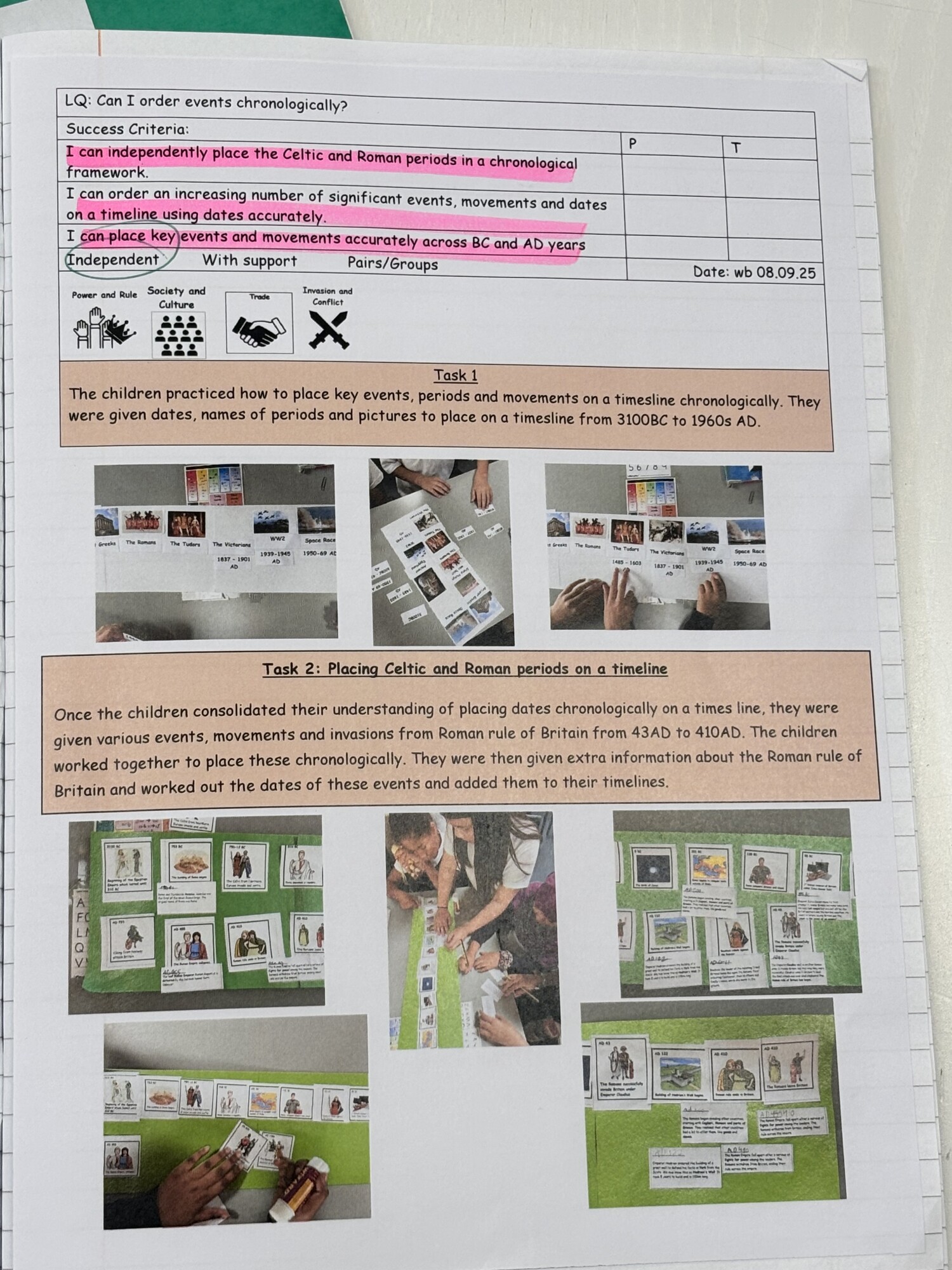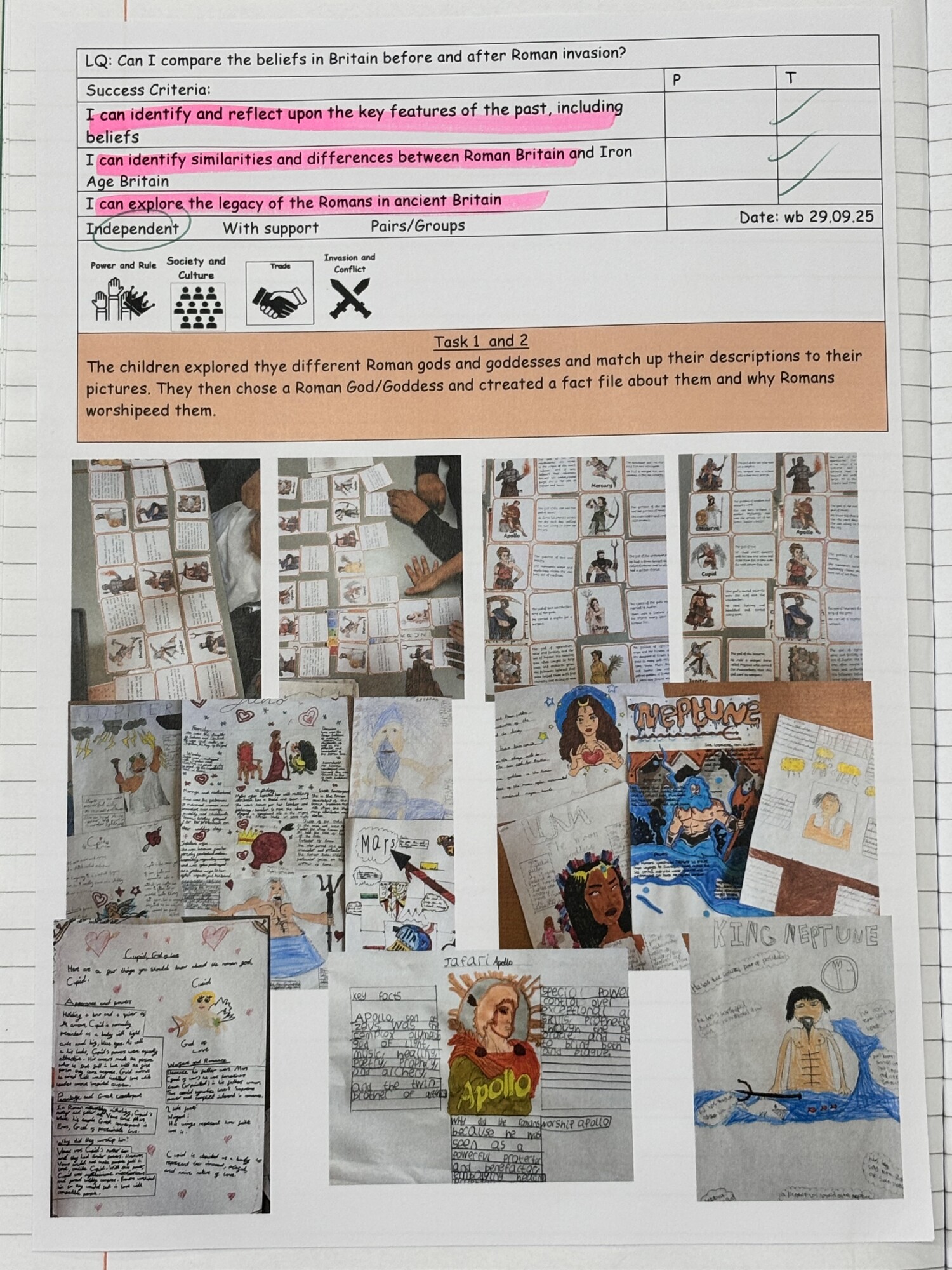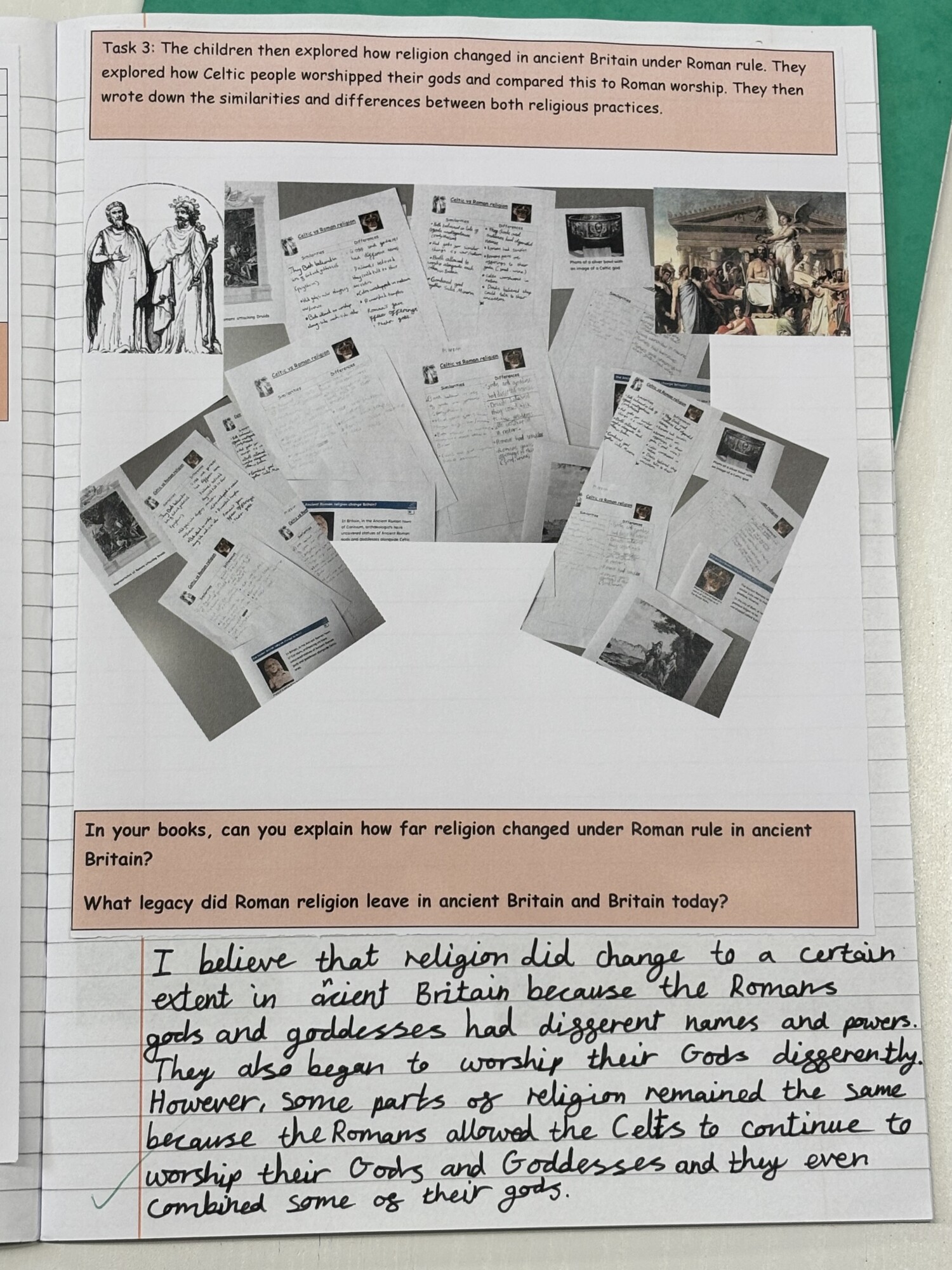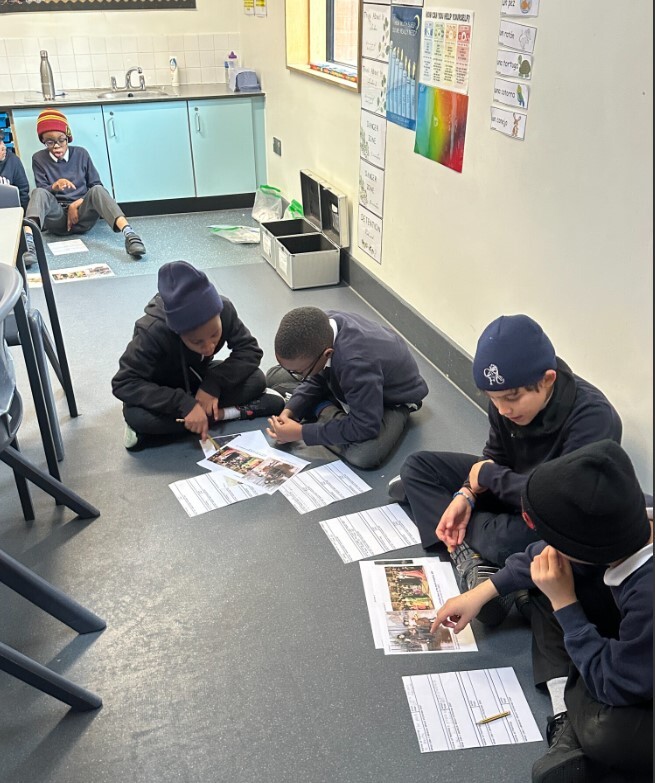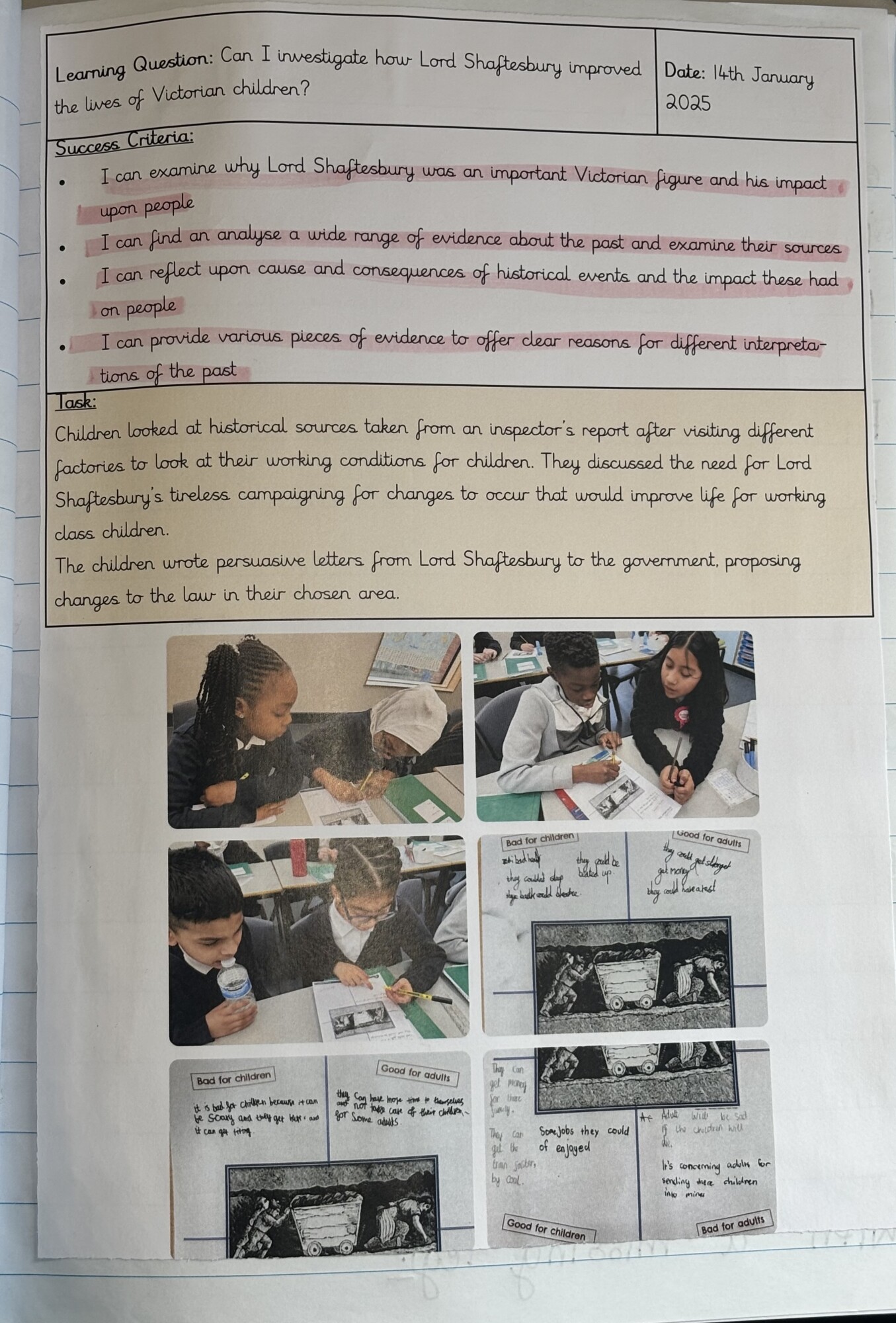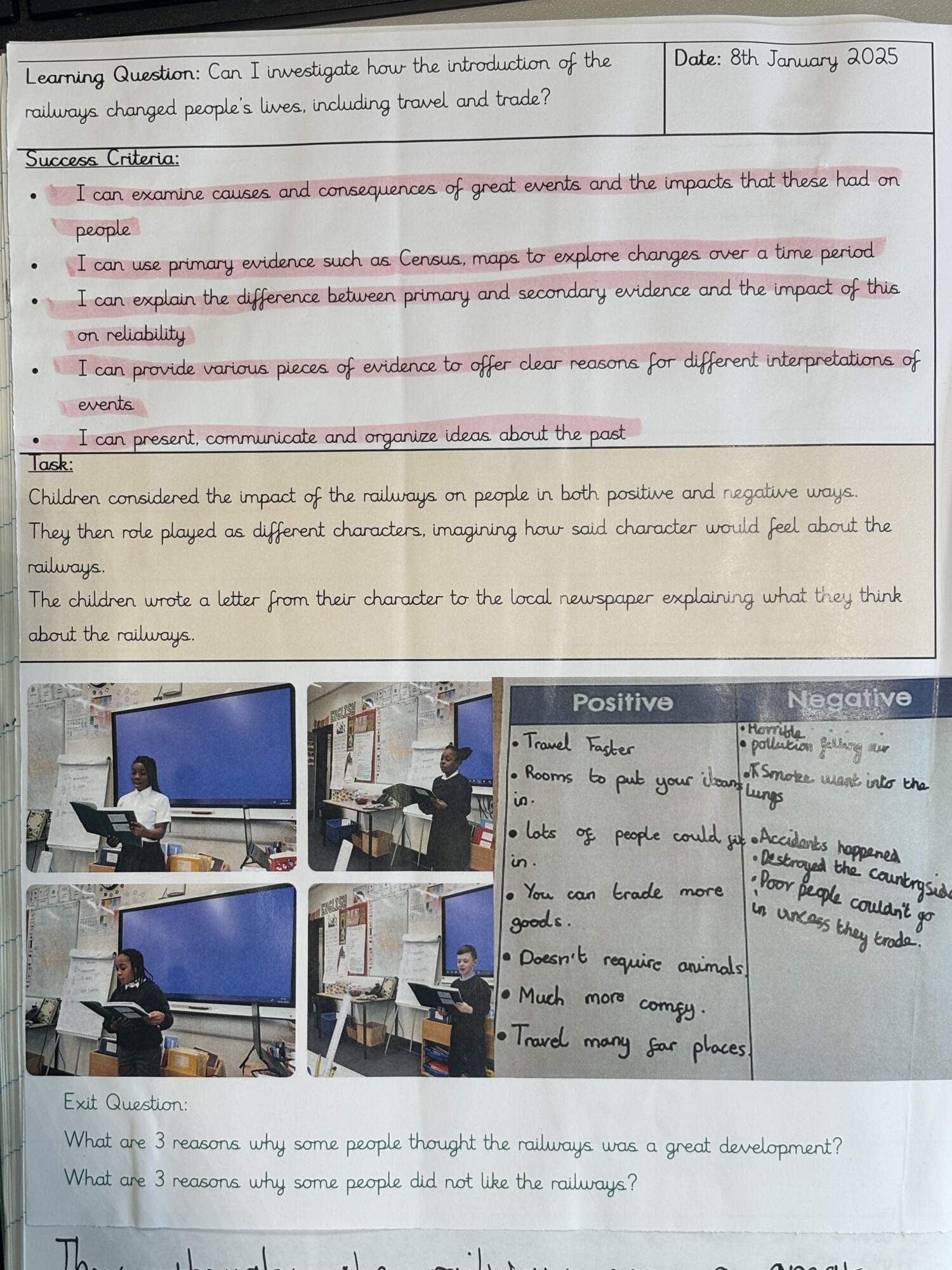Learning Hub
History
History and geography are central to the curriculum at Keyworth Primary School and are the focus of our half-termly topics. We take a creative approach to the curriculum so that our children become fully immersed in each of these subjects, coming away with a secure knowledge base and skill set that is built upon each year.
Progression in History
Year 1
In Year 1, our children begin to develop an awareness of the past, using common words and phrases relating to the passing of time. Through topics such as Our Grandparents, A Local Study: London – Now and Past, and The History of Flight, they begin to place people and events in a simple chronological framework. Substantive concepts such as Invasion and Conflict, Power and Rule, and Achievements and Legacy are introduced and referred to where relevant. Pupils identify similarities and differences between ways of life in different periods within living memory and use simple historical vocabulary (e.g., old, new, past, present, before, and after). They start to ask and answer questions, drawing on stories and simple sources to develop their understanding of key features of events.
Year 2
Year 2 builds upon this foundation, with pupils studying The Great Fire of London, Women Who Change the World, and Adventures in Travel. They continue to develop chronological understanding and a wider historical vocabulary, while also recognising different ways the past can be represented. They begin to use sources more confidently to identify cause and consequence, as well as similarities and differences, laying the foundations for critical inquiry. Substantive concepts are revisited and explored to build connections across unit.
Year 3
In Year 3, our children broaden their historical perspective with the study of earlier civilisations such as the Stone Age to Iron Age and Ancient Egyptians. They extend their chronological framework and deepen their understanding of Society and Culture, Power and Rule, and Legacy. The disciplinary skills they use to investigate and understand the past continue to develop as they consider cause and consequence more carefully, examine how people and events have influenced life today, and begin to explore how interpretations of the past may differ. They start to use a wider range of sources and can distinguish between primary and secondary evidence.
Year 4
Year 4 children investigate The Romans* and later carry out a local history study: London at War, enabling them to connect local history with wider national and global contexts. They revisit substantive concepts such as Invasion and Conflict, Power and Rule, and Legacy, referring to prior learning to deepen their understanding of these topics. The children refine their disciplinary skills by comparing periods, analysing reasons for events, and evaluating their consequences. They also begin to identify important changes over time and give reasons for those changes. They investigate different historical accounts of events and begin to explain why they might be different.
Year 5
In Year 5, children study The Victorians and The Romans (2025)**, making stronger links across British and world history. Substantive concepts are revisited with increasing sophistication, and disciplinary skills are further developed as children evaluate sources more critically, construct explanations of cause and consequence, and consider how interpretations of the past are shaped. They apply their chronological understanding to compare and contrast different societies, including those from different periods in history. They explore continuity and change over various lengths of time, using different sources of evidence to support their learning (e.g., census records or maps).
Year 6
By Year 6, pupils are able to draw on a secure body of knowledge to tackle topics such as Ancient Greece, The Maya, and The History of Medicine with greater complexity. They continue to revisit substantive concepts, such as Legacy, Invasion and Conflict, Trade, and Power and Rule throughout each period, deepening their understanding of the themes that shape history. Their disciplinary skills also continue to develop, building upon their learning in previous years: they explore how some events and periods of history occurred concurrently in different locations; they investigate key features of the past, including the everyday lives of men, women, and children, as well as attitudes, beliefs, and the political and economic climate. They use evidence to form hypotheses and produce balanced arguments. They also explore evidence with a more critical eye, questioning reliability, motive, and interpretation. This progression ensures that by the end of Key Stage 2, pupils have a cohesive understanding of British and world history, as outlined in the National Curriculum, and are well prepared for secondary history.
